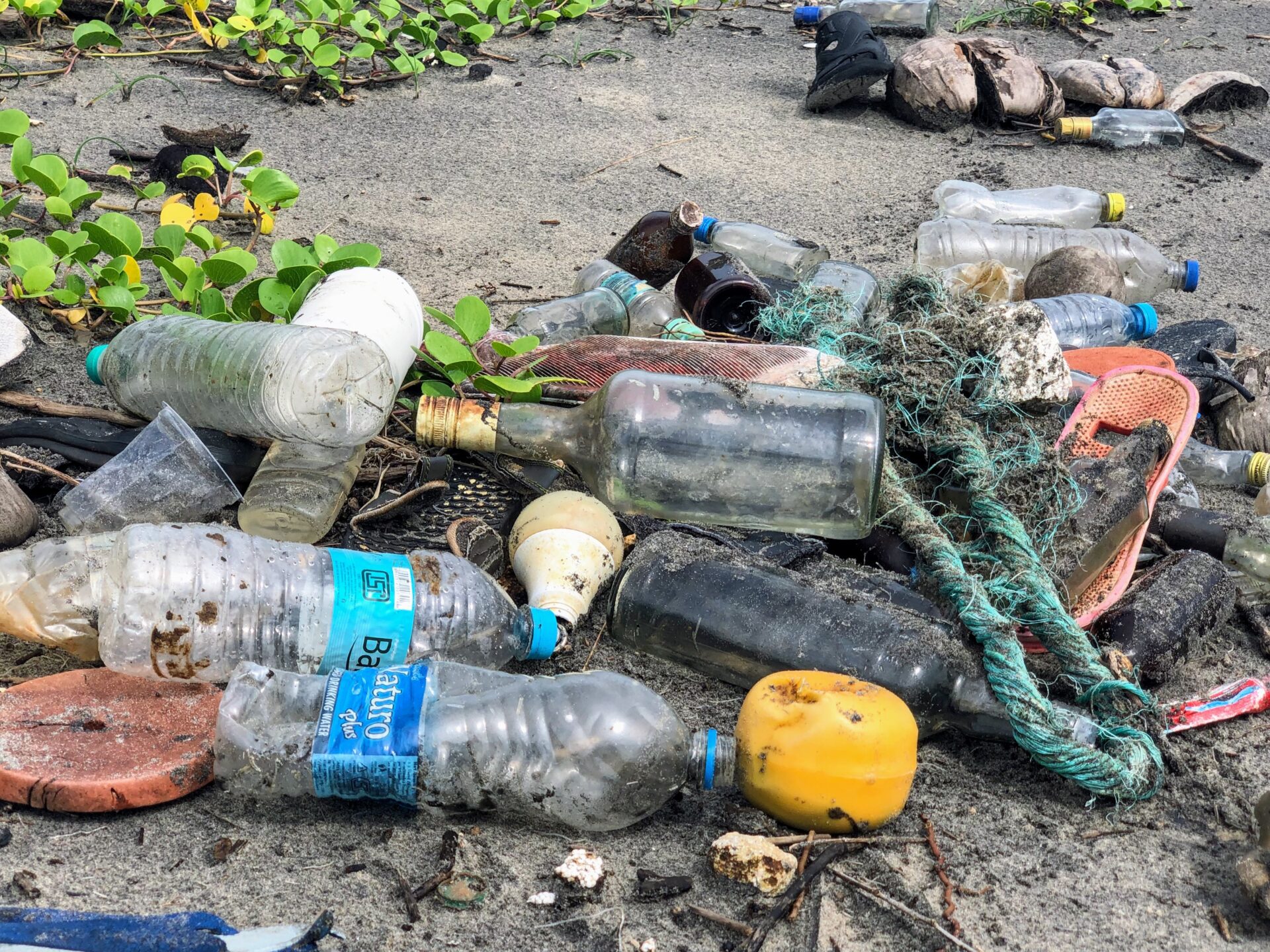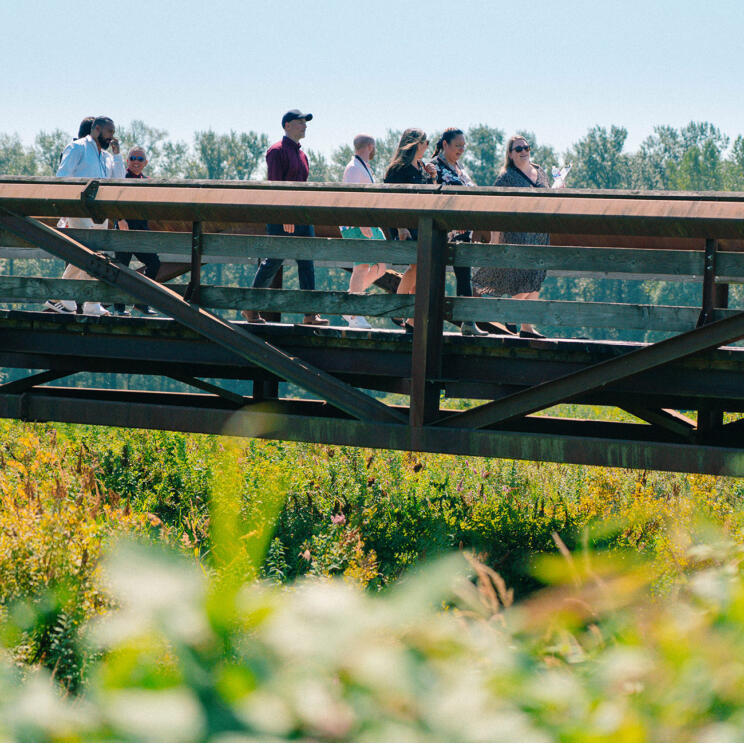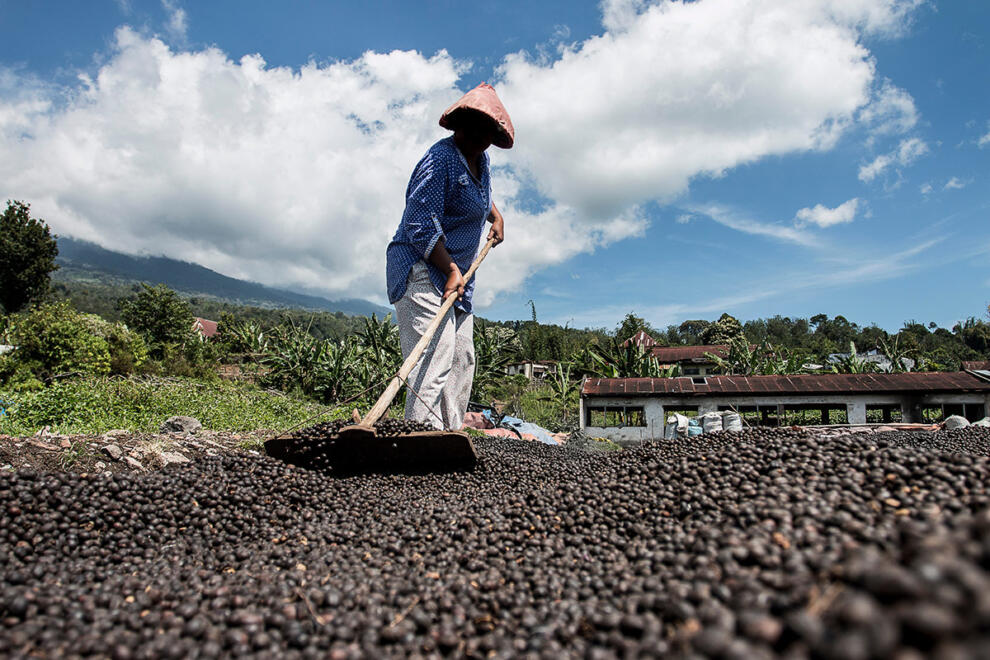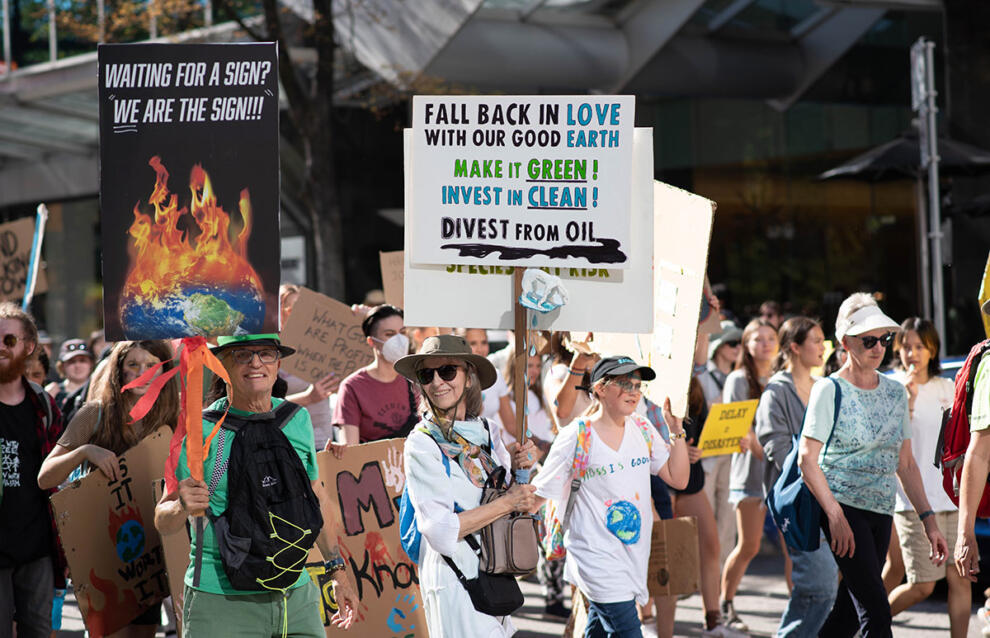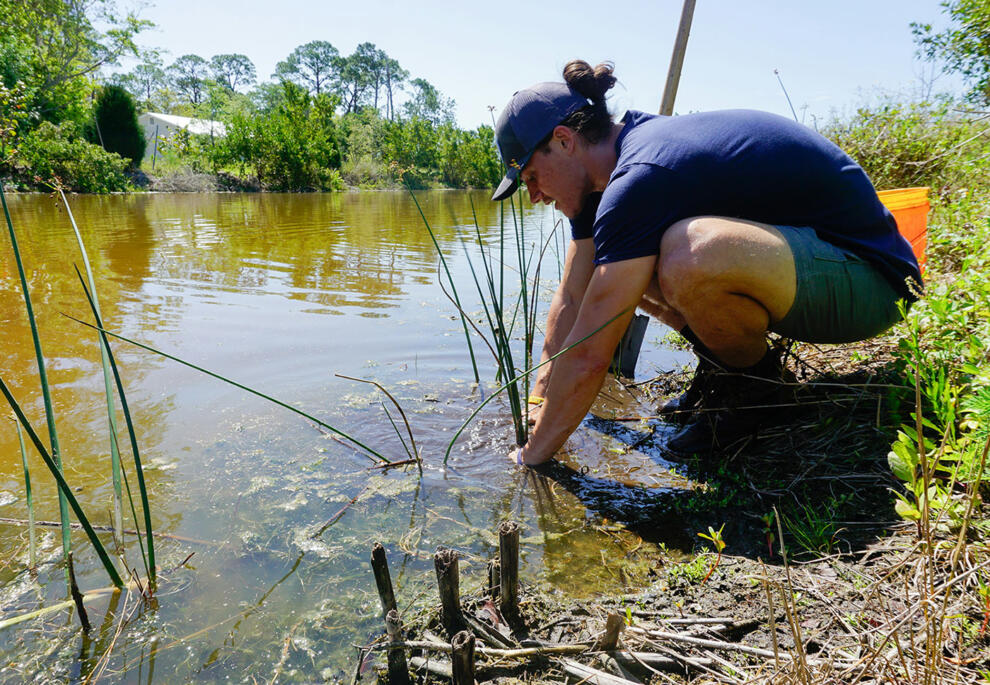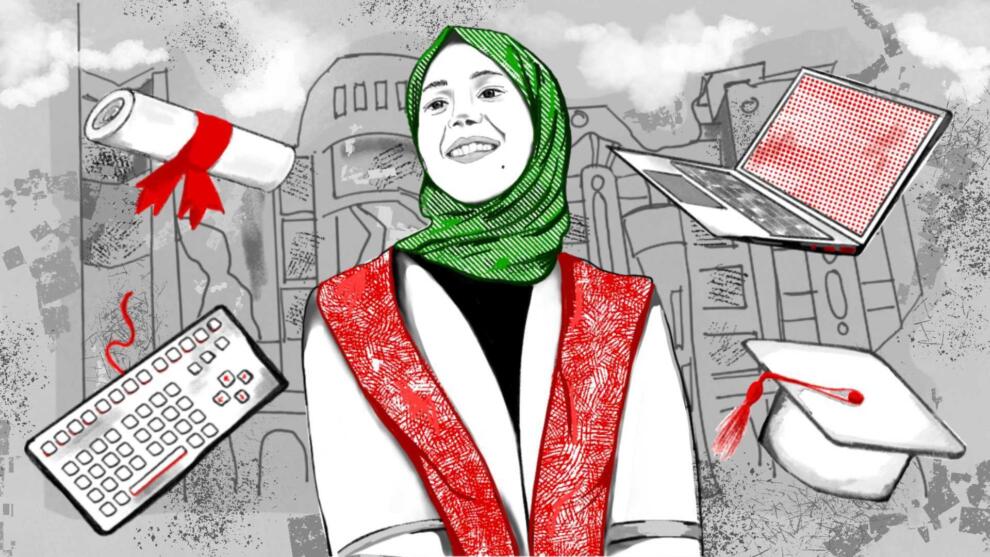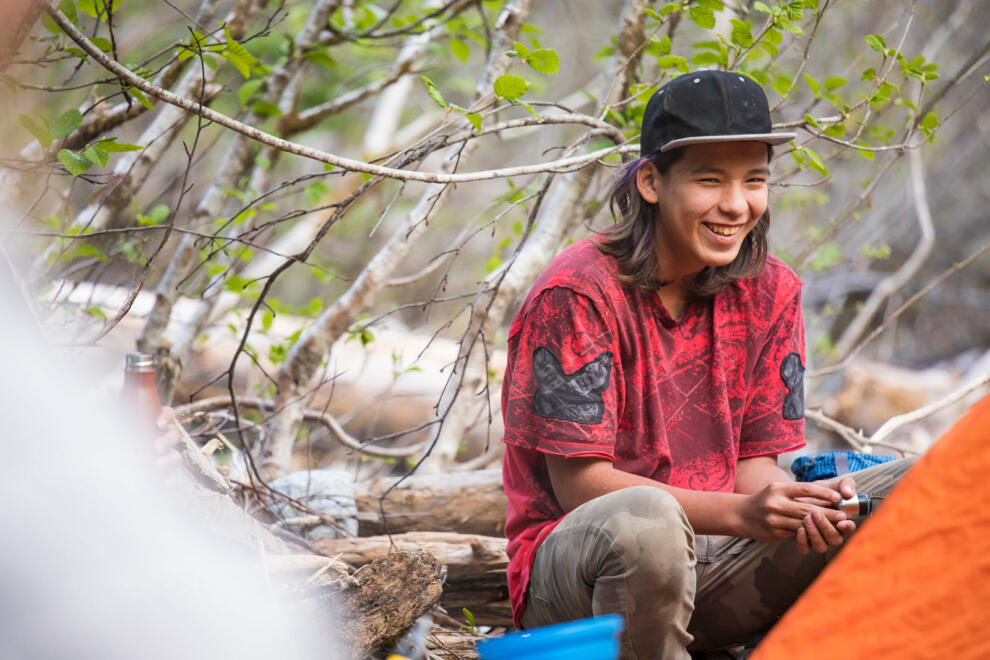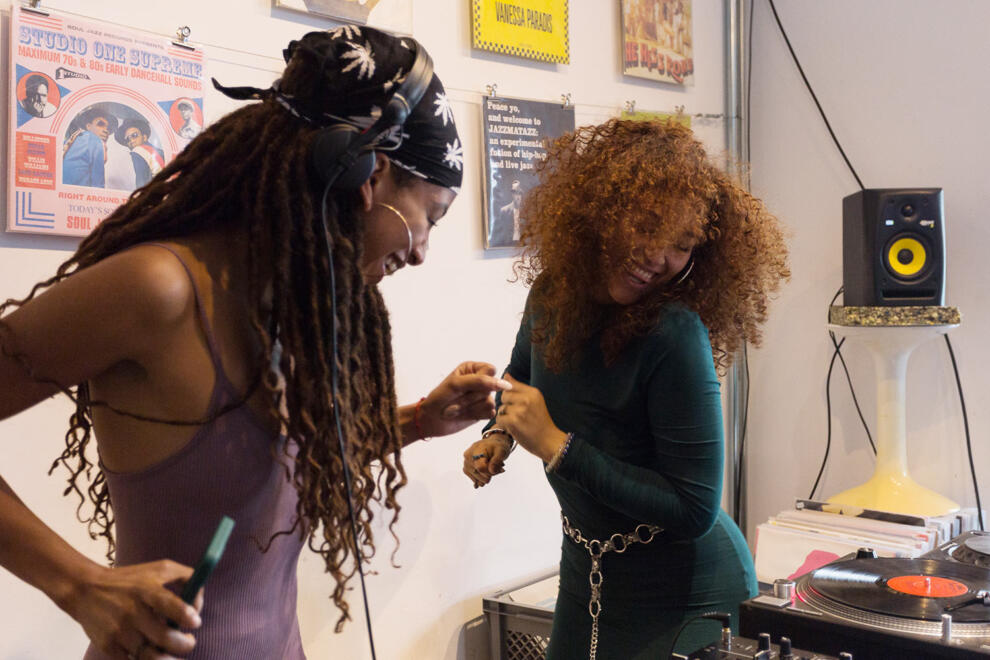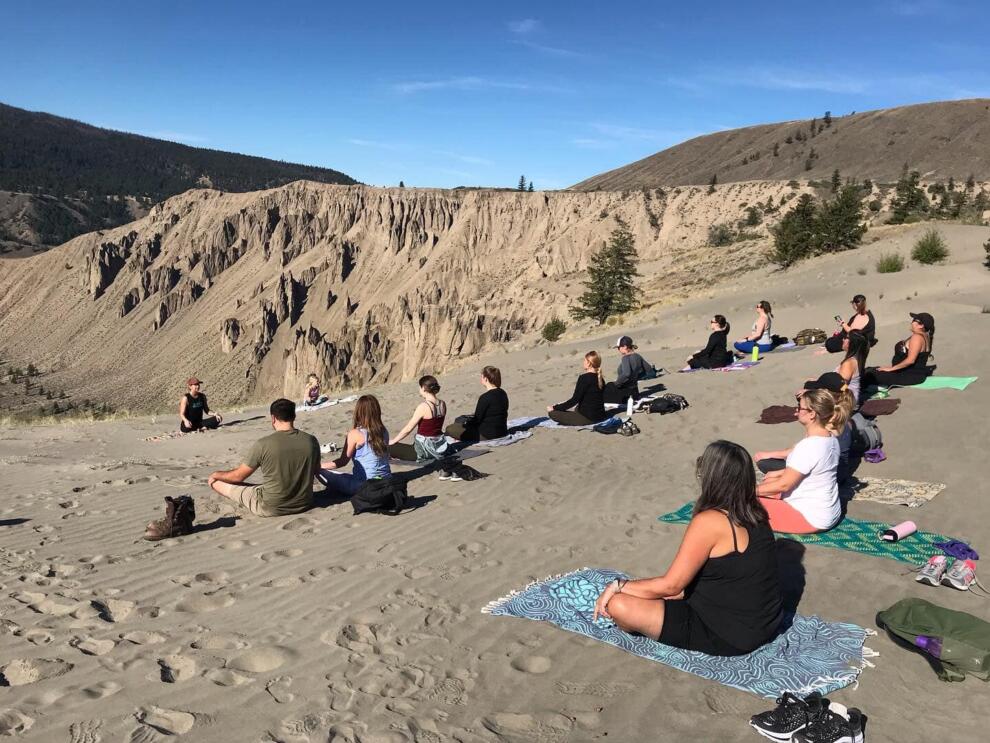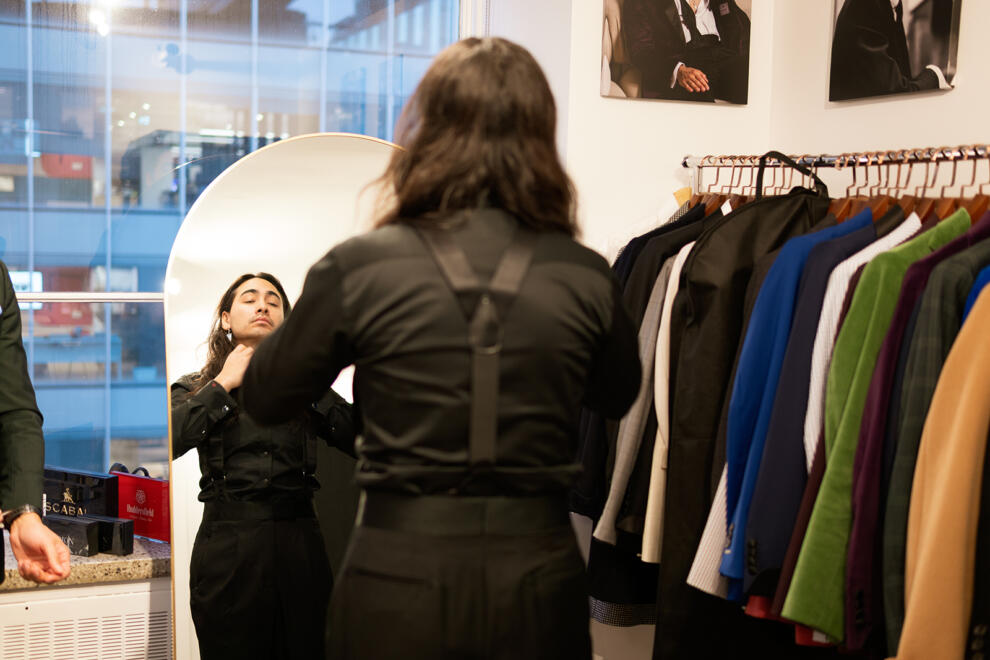Human Behaviour and the Problem with Plastics
Plastic has done a lot of damage in its relatively short existence. According to a 2021 report from the United Nations, “plastics are the largest, most harmful and most persistent fraction of marine litter, accounting for at least 85 per cent of total marine waste.” Mass production of plastics expanded in the late 1950s and increased again during the 60s and 70s. Plastic was cheap, fast and easy to manufacture, more so than traditional materials like wood or glass. When plastic recycling first began in the United States in 1972, it seemed unthinkable that just 50 years later, a plan would be in place to end plastic pollution entirely.
In March 2022, at the fifth United Nations Environment Assembly, all 193 UN Member States agreed to end plastic pollution. A subsequent UN Report, Turning off the Tap: How the world can end plastic pollution and create a circular economy, published May 2023, was designed to inform negotiations and help end the pervasive and growing threat of plastics. This report states that “currently, the world produces 430 million metric tons of plastics each year, of which over two-thirds are short-lived products which soon become waste.” The report also highlights the vast amount of single-use plastics in these statistics. The report reveals that if no changes are made to how we use and recycle plastics, production is set to triple by 2060.
“Everything we’re dealing with in terms of solutions to climate change and global warming is centred around understanding human behaviour. If you ignore human behaviour, then you’re ignoring a huge component of the problem,” says Danté Ravenhearst, a Program Specialist with Ocean Wise Shoreline Cleanup. Ravenhearst began her career with Ocean Wise in September 2021 as part of the Ocean Pathways (formerly Direct Action) program. This program offers young people aged 19-30 the opportunity to spend three months immersed in education and mentorship with oceanic and aquatic conservation efforts and experts across Canada.
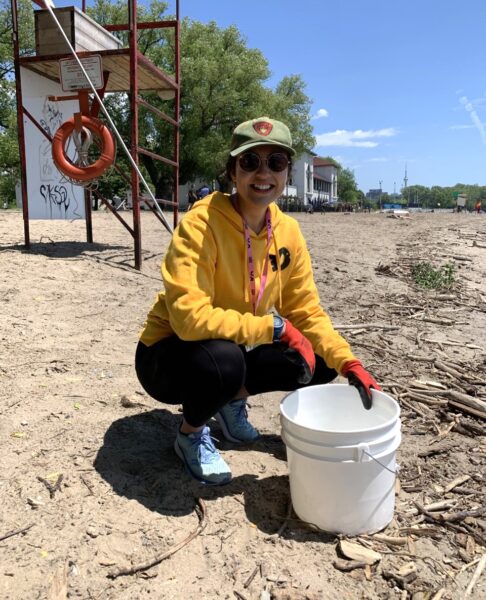
“When I started my degree, I was pretty sure I was going to be a neurosurgeon,” shares Ravenhearst. “But in my second year, I had an epiphany while I was working in a lab. I’ve always been very connected to nature and hiking growing up, and it just made sense for me to be pursuing something in that field because it feels so intrinsic to who I am as a person. So overnight, I decided, I’m going to be an ecologist and a conservationist. I changed my degree to ecology, and kept a neuroscience double major. That choice informed my interests after my graduation.”
Through the Ocean Pathways program, Ravenhearst focused on Ocean Wise Shoreline Cleanup initiatives, connecting with experts and educators in marine and aquatic conservation. She worked alongside them, learning through fieldwork experiences, conservation initiatives, and professional research projects. Her interest in the intersection between the environmental sphere and human behaviour combined with her fascination with data and background in research, hooked her on the projects. When the program completed, Ravenhearst was fortunate to secure a position and begin her career with Ocean Wise, dedicating herself to helping businesses and communities understand, examine and reduce their plastic use.
“My role now is really a mixture of program development and project management. I’m building programs within Ocean Wise Shoreline Cleanup that can really accomplish our overarching mission of reducing plastic debris in the ocean,” shares Ravenhearst, explaining that the approach spans individual behaviour to working with municipalities across Canada and the United States.
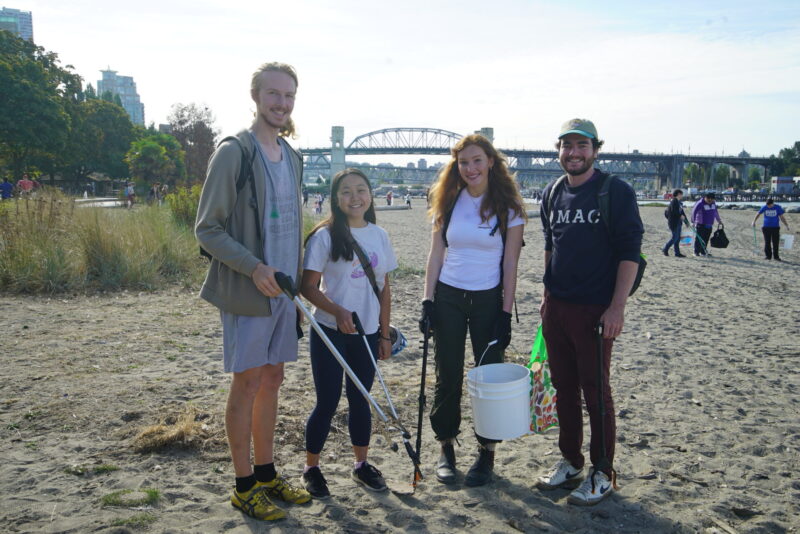
“Municipalities know themselves best so we’re not dictating what they should and shouldn’t be doing. We’re simply enabling them with a framework to actually accomplish their plastic reduction goals and also, having them contribute to shoreline cleanups. And then by extension, contribute to our shoreline cleanup litter data, which, in return, provides statistics to them, so they’re able to make informed decisions related to plastic production in their community. We have a goal by the end of 2023 that we’ll have 32 municipalities signed up, 10 of which will be in the US, 22 in Canada.”
To activate change, Ravenhearst values the combination of businesses and individuals. “They are inextricably connected,” she explains. “The approach can’t just be one or the other when it comes to motivating business and individuals. It is really a combination of small changes in both spheres that will result in change. Being parochial in scope and really focusing on businesses isn’t going to result in individual behaviour and vice versa. Both are sources of the problem.”
Through their youth programs, Ocean Wise has coached over 840 youths to complete over 221,500 service hours in the name of ocean conservation. Ravenhearst appreciates this focus on youth as this is where her passion began. “As youth we feel the psychological, social and environmental impacts of climate change and global warming, very viscerally. It’s our future and our children’s future that are on the line at the end of the day. I think it’s really important to empower youth with the agency to take hold of their own futures, their own planet’s future and enable meaningful change in their communities.”
“There’s a real sense of urgency,” she continues. “Throughout my entire life, climate change and global warming have been topics of conversation. It feels like I need to do something. I think a lot of people my age feel that way.”
Shoreline Cleanups are a meaningful “something” for Ravenhearst as they combine action and education. Anyone can organize a shoreline cleanup, and you don’t need to be located on an ocean to participate. Cleanups can take place along a river, lake, stream or marsh, anywhere land meets water. Since 1994, more than one million cleanup volunteers have participated in over 27,800 cleanups in North America. Every clean-up not only reduces plastics in that local area but contributes to a larger plastics study, providing important data which informs decisions like UN members agreeing to end plastic pollution.
“The actual act of doing the cleanup teaches people so much about what’s in their environment. It teaches them a lot about their cities or communities and behaviour related to smoking, for instance. If you find lots of cigarette butts or if we find lots of fishing components or plastic pieces related to food, it teaches people about their own habits and the habits of those in their community. It really is within that action of cleaning up that they’re being educated. The conversations afterward are always reflective.”
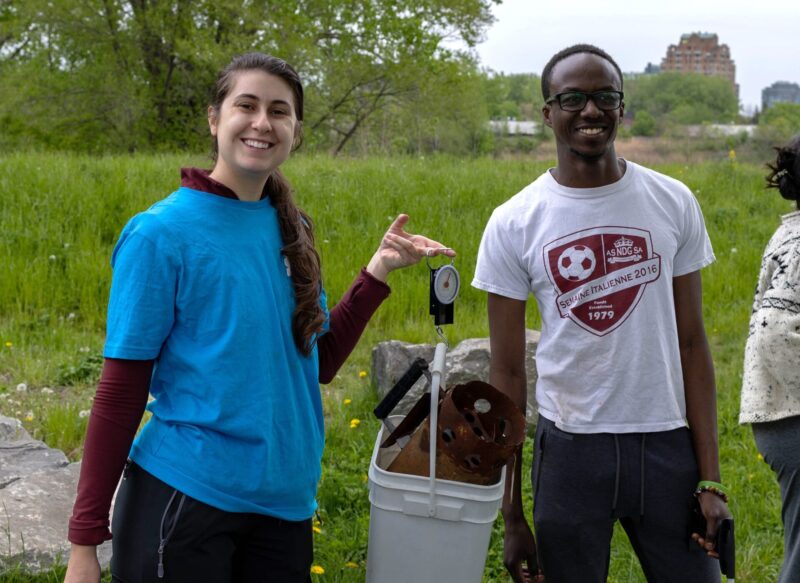
Ravenhearst sees the shift in Shoreline Cleanup participants when they’ve completed their cleanup. Seeing waste physically accumulate out of a body of water is powerful. Each piece of litter collected is then added to a litter database. This tracking system informs research and policy in the battle against unnecessary plastics as well as identifying the most found items in freshwater and marine shorelines. Ravenhearst believes education, getting personal and starting small are keys to instigating improvement.
“The modern consumer packaged goods system and the waste management systems are so vastly intertwined that it almost paralyses individuals, businesses and municipalities from operating outside of a very unsustainable framework,” she explains. “Individuals feel that doing small things like bringing a reusable cup or reusable containers doesn’t really do anything. Businesses feel like it’s not financially viable to invest in better options because plastic is cheap and it’s a consumer convenient, durable material. Switching to something that’s more circular, presents a lot of challenges related to finance and supply options. As a result, there’s a feeling of paralysis.”
“I think we all sometimes feel that the problems of global warming and climate change are so overwhelmingly pervasive that we don’t even know how to respond. I’ve learned, as someone that probably started out more cynical toward a lot of things in the conservation field, that every single small change does make an impact. Every action contributes to the social norms around plastic and toward a more circular economy system. It’s really that combination of the individual action and overarching systems, business and municipalities that change when they work together and create a genuine impact. Shoreline Cleanup is a really great example of this. Every single time you collect data, you’re contributing to our programs. Tallying a single bottle cap might not seem like much, but when you have tens of 1000s of participants in the country for three decades collecting bottle caps, it creates something pretty amazing. This data has informed the single use plastics ban and other pieces of legislation.”
According to the 2020 study Breaking the Plastic Wave by The Pew Charitable Trusts, ‘the flow of plastic into the ocean is projected to nearly triple by 2040.’ Many studies have demonstrated the risk plastics pose to human health and the health of vital ecosystems. Unhealthy ecosystems affect our food sources, leading to disease and system instability, not to mention financial impacts. Undoubtedly, we cannot continue to consume plastics in the way we are today.
Ravenhearst and her team at Ocean Wise understand this reality. They are focused on their goal to stimulate meaningful action to protect and restore oceans around the world. The company, which began in Vancouver, Canada, is now working with partners around the world on this mission.
“I believe that in order to make genuine, effective impact and change, there needs to be an intersectional approach,” explains Ravenhearst. “It can’t just be science. It can’t just be marketing. It can’t just be finance. It has to be a fusion of all of those things. And in order for all of those different fields to collaborate effectively, you need a group of people that are open to working together. That is very much the essence of the Ocean Wise approach.”
How can you help?
5 days – Organize an Shoreline Cleanup in your community https://www.ocean.org/pollution-plastics/shoreline-cleanup/
5 dollars – Donate to keeping kelp plants alive. $21 plants 50 kelp plants. https://www.ocean.org/action/we-need-kelp/
5 minutes – Take the Ocean Wise Plastic Pledge https://www.ocean.org/action/be-plastic-wise/ and follow Ocean Wise @oceanwise
Purchase Issue 03
After a year of chaos and uncertainty, our mission for ISSUE 03 of RIPPLE OF CHANGE is to spark inspiration in our readers. There was a lot of talk of coming together, acting in solidarity for our peers, and putting others before ourselves to overcome the challenges put before us. Now, we put that to the test.
Order your copy of Issue 03 today!

